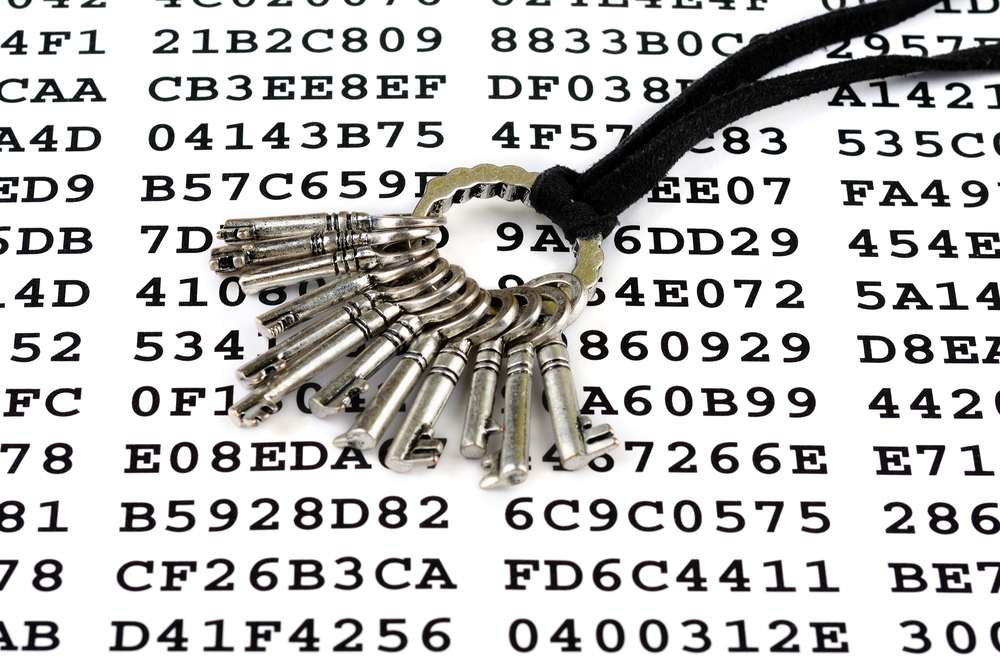In cryptocurrency, a co-signer refers to an individual or organization with shared access to a digital wallet, primarily for the purpose of enhancing security and oversight. This concept becomes relevant in the context of multi-signature wallets, which are wallets requiring multiple private keys (or signatures) to authorize a transaction. While standard cryptocurrency wallets typically require a single private key for access, multi-signature (or “multi-sig”) wallets introduce an additional layer of security, requiring multiple parties to approve a transaction before funds can be moved. This setup minimizes risks and provides safeguards against theft or loss of a single key.
Understanding Multi-Signature Wallets
Multi-signature wallets are designed to require multiple private keys before funds can be accessed. Instead of relying on a single private key, which could be compromised or lost, a multi-sig wallet requires multiple parties to approve transactions. These wallets are configurable with different signature requirements depending on the level of security needed. For example, a common setup is a 2-of-3 multi-signature wallet, where two out of three assigned keys are required to access the funds. Each person holding one of these keys is a “co-signer,” collectively sharing responsibility and control over the wallet.
Co-Signer Roles in a Multi-Signature Wallet
In a multi-sig wallet, each co-signer possesses their unique private key, which they use to sign off on transactions. Depending on the setup, the wallet may need signatures from all co-signers or a certain number of them to authorize transactions. This setup provides a decentralized form of control, especially useful in two primary scenarios: individual security enhancement and business operations.
- Individual Security Enhancement
For individual cryptocurrency users, a multi-signature wallet offers added security by reducing the risk of a single point of failure. By distributing private keys across multiple devices or even different geographical locations, users protect themselves from the consequences of losing a single key. If one device holding a key is lost or compromised, the funds remain safe as long as the required number of keys to unlock the wallet are still secure. - Business and Organizational Security
Multi-signature wallets are particularly valuable for businesses handling substantial cryptocurrency assets. Relying on a single-signature wallet could expose the business to significant security risks, including potential internal fraud or theft. By implementing a multi-signature wallet system, companies can establish a level of internal checks and balances. For example, a business might require that several members of the board of directors act as co-signers. This ensures that multiple, authorized individuals must approve any transactions, enhancing security and accountability.
Key Benefits of Using Co-Signers in Multi-Signature Wallets
Multi-signature wallets with co-signers offer several advantages over traditional single-key wallets, especially in terms of security, accountability, and risk mitigation. Here are some key benefits:
- Enhanced Security: Requiring multiple signatures minimizes the risk associated with a single compromised key. This feature is particularly beneficial in scenarios where assets are highly valuable or exposed to high security risks.
- Reduced Risk of Key Loss: Losing a single key doesn’t result in losing access to the funds, as long as the required number of other keys are still available. This can be crucial for individual users who may want to safeguard their funds against the accidental loss of one key.
- Accountability in Business Environments: In organizational settings, requiring multiple signatures prevents any one individual from having unilateral control over assets, thereby reducing the risk of internal fraud or unauthorized access.
- Flexible Security Configurations: Multi-sig wallets allow for customizable security settings. A wallet could be configured as 2-of-3, 3-of-5, or any other configuration, depending on the level of security and the number of co-signers desired.
Common Multi-Signature Wallet Configurations
Multi-sig wallets can be customized to require varying numbers of signatures, depending on the security requirements and the number of co-signers involved. Below are some typical configurations:
- 2-of-3: Two out of three keys must sign off to release funds. This setup is ideal for individuals looking to enhance security across multiple devices or for small partnerships where two members must approve transactions.
- 3-of-5: Three out of five keys are required to authorize transactions. This configuration is common in businesses where decisions must involve multiple team members or executives.
- 1-of-2 or 2-of-2: This configuration requires both parties (or only one of them in the case of 1-of-2) to sign off on transactions. While it offers less flexibility, it is sometimes used in cases where absolute consensus is required between two key stakeholders.
Applications of Co-Signers Beyond Cryptocurrency
The co-signer concept, while prominent in cryptocurrency, has broader applications in digital security and asset management:
- Joint Bank Accounts: In traditional finance, joint bank accounts require the consent of multiple account holders to make withdrawals. This is conceptually similar to a multi-sig wallet, where multiple sign-offs are required for transactions.
- Legal Trusts and Escrow Accounts: In legal contexts, trustees or escrow agents often require co-signing to release assets or funds, ensuring that assets are managed according to predefined agreements.
- Digital Identity Verification: The co-signer concept can also apply to digital identity solutions, where multiple forms of authentication or multiple parties must verify an individual’s identity before granting access.
Are There Any Drawbacks to Using a Co-Signer Setup?
While multi-signature wallets and co-signers provide heightened security, they may also introduce certain challenges:
- Complexity in Setup and Management: Setting up a multi-sig wallet can be more complicated than a standard wallet, requiring technical knowledge and familiarity with managing multiple keys.
- Dependency on Multiple Parties: The need for multiple approvals can slow down transaction processes, particularly in a business setting where certain individuals may not be readily available for signature.
- Higher Costs: Some multi-sig solutions may incur additional costs for the technology and support required to manage the multi-key structure effectively.
Conclusion
The concept of a co-signer is fundamental to enhancing security in the cryptocurrency world, particularly through multi-signature wallets. By involving multiple individuals or entities in the control of assets, co-signers reduce risks and provide a robust system of checks and balances, making them an essential component for both individual users and organizations managing digital assets. Whether used for personal security, business oversight, or broader asset management strategies, co-signers are crucial in creating a secure, accountable, and resilient approach to managing cryptocurrency and other digital assets.

A.k.a – alpha girl. Vinita is the founder of Alphachaincrypto. An English Lit Majors, Vinita bumped into Web3 in 2020 only to realise that tech was her calling. Later, Mathreja worked for some notable brands like Near Education, Biconomy, CoinDCX and top of the line crypto start ups.



